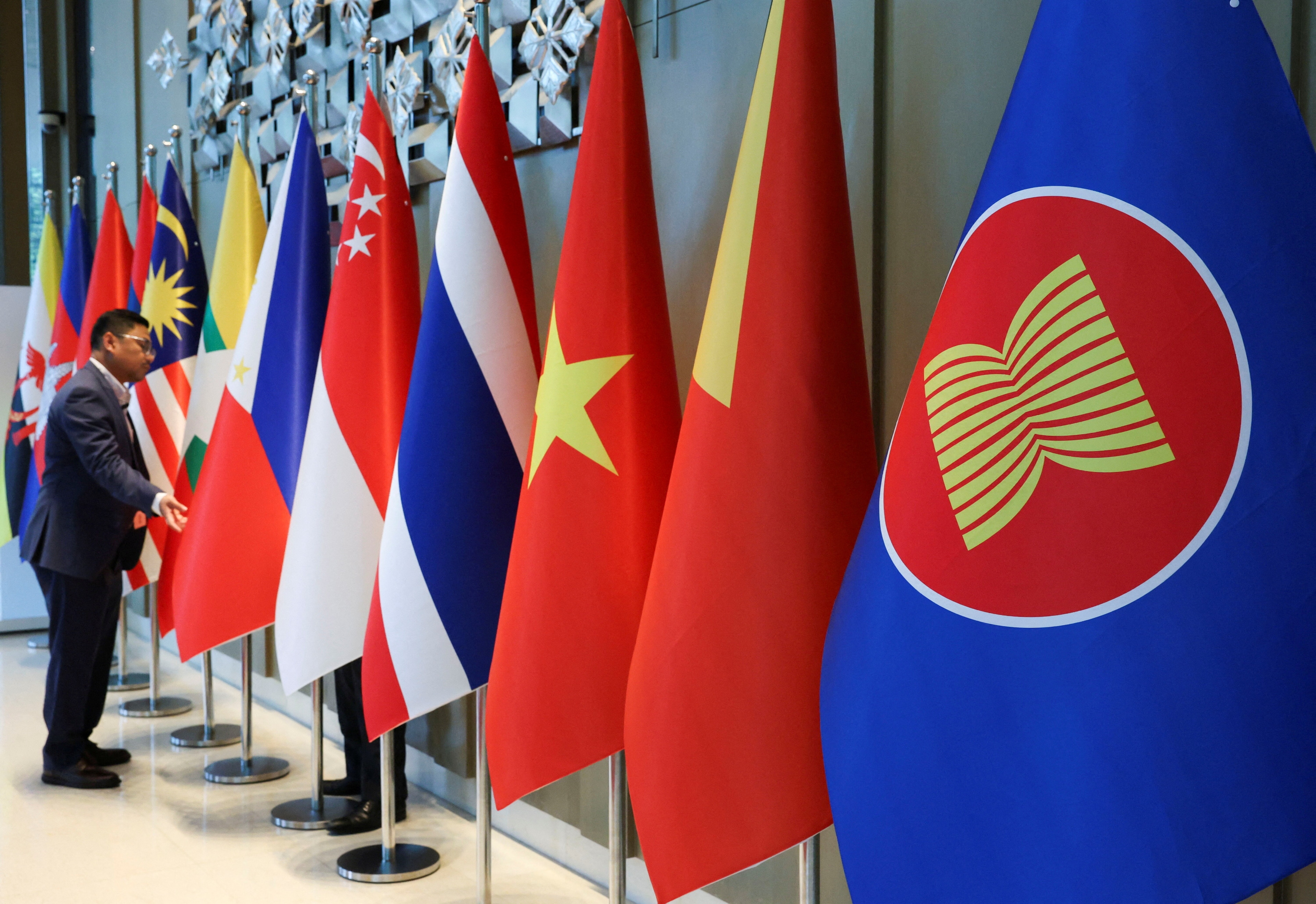Mirek Dušek is Managing Director, Chief Business Officer and Head of Global Programming. As Chief Business Officer, he leads the engagement with partner companies across geographies. In addition, Mirek heads the Global Programming Group, steering the strategy and delivery of the Forum's large-scale gatherings, including the Annual Meeting in Davos.
Previously, he worked at the US embassies in Baghdad and in Prague.
Mirek Dušek holds a MA in International Studies and a BA in Political Science and speaks Arabic.















